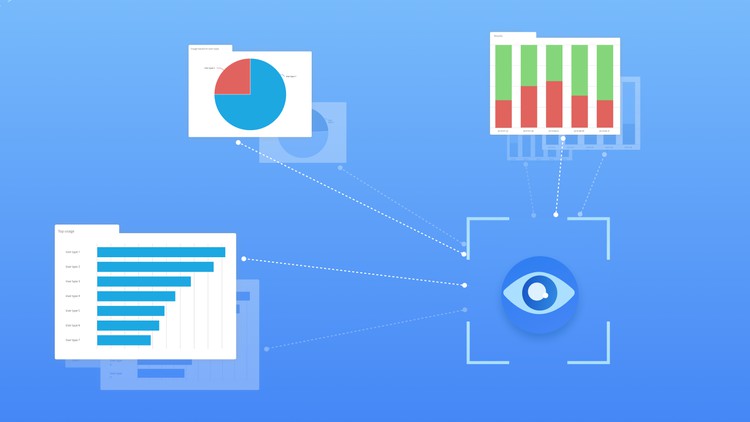
Learn how to implement observability with Selenium
What you will learn
Observability
Selenium
Selenium Webdriver
Observability with Selenium
Description
With the rise in importance of non functional tests, it has become inevitable that the systems developed are observable. Being observable means providing external evidences using which one is able to understand the internal state of the system in function.
With the release of Selenium 4, observability is now an integral part of the tool. It allows Selenium to be integrated using open telemetry to tools like Jaeger to understand and log information of a web application under test.
To understand this, we have used a gcp machine on which we invoke selenium grid using docker. We use the open telemetry with tool Jaeger to observe the system as various commands drive the web application.
This course provides a hands on experience to set up a lab on the go, and with use of direct commands provided one will be able to implement observability at their own system.
The course provides a step by step instructions.
The course was recorded as part of the global testing conference 6th edition brought by agile testing alliance.
This course was the keynote delivered by Aditya garg.
In this course series following topics are covered –
1.Selenium Grid and importance of traceability in Distributed architecture
2.Understanding Observability components in Selenium 4.0 and installing coursier
3.Setting up a GCP machine with docker
4.Opening up necessary ports
5.Running Jaeger on the GCP machine
6.Setting up traceability in SeleniumGrid 4.0
Executing the tests and observing the trace
Content